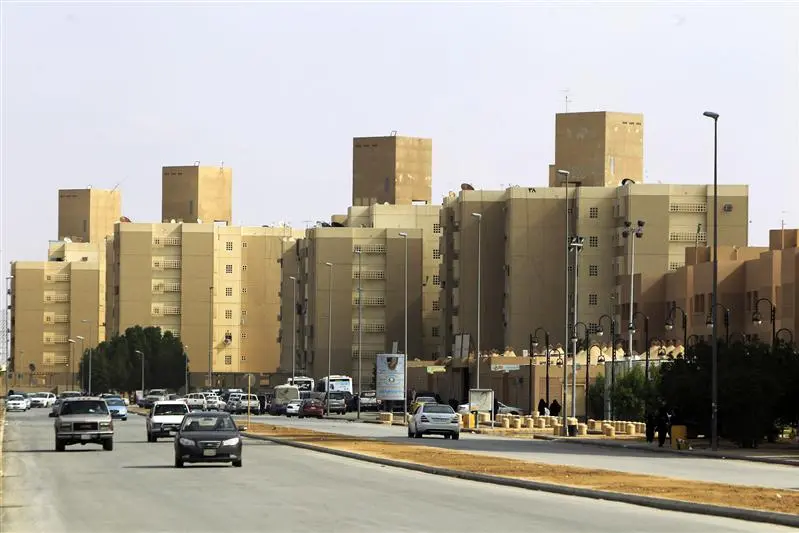PHOTO
RIYADH — The Saudi Budget 2017 sees “progressively lower budget deficit achieving breakeven by 2020, a debt ceiling of 30% of GDP, continuing energy price reforms, enhanced disclosures and transparency, likely labor market reforms and other new initiatives,” Al Rajhi Capital said in its “Budget 2017 Overview”, adding that these “have all the markings of being in line with the objectives of the flagship NTP and Vision 2030 plans of the Kingdom.”
The report further said that energy price reforms (for fuel and electricity) started last year are set to continue. “However, the implementation date is as yet unknown and will likely be preceded by a cash transfer mechanism, the registrations for which are slated to start in Feb. 2017. We view these targeted subsidies as positive which will cushion the impact on disposable incomes of low and mid-income Saudi households,” Al Rajhi Capital said.
Moreover, “VAT, levies on sugary drinks, income from white land tax, full impact of measures announced in 2016 will all drive non-oil revenue growth in 2017 and beyond. Also, labor reforms in the nature of levying a fee on non-Saudi workforce have been suggested, but further information regarding the nature and extent of proposals will determine their immediate impact on the profitability of various sectors,” ARC report said.
ARC Research believes that the private participation gets a boost with higher 2017 NTP budget.
In its recently published report “Saudi Arabia Yearbook – Outlook 2017”, ARC Research said 2017 will be a crucial year for NTP implementation – in line with these views, the budget spending for NTP implementation has been increased by more than 4-times in budget 2017 to SR42 billion (SR9 billion in 2016).
Further, SR217 billion will be spent on NTP implementation during the 3-year timeframe of 2018-2020.
For these investments to bear fruit, ARC Research believes the “private sector’s contribution should pick pace in 2017 and the implementation should transition from semi-conceptual stage to actual plans on the ground.”
© The Saudi Gazette 2016





















